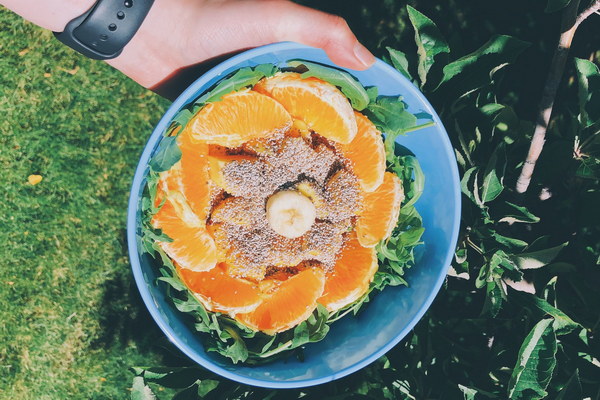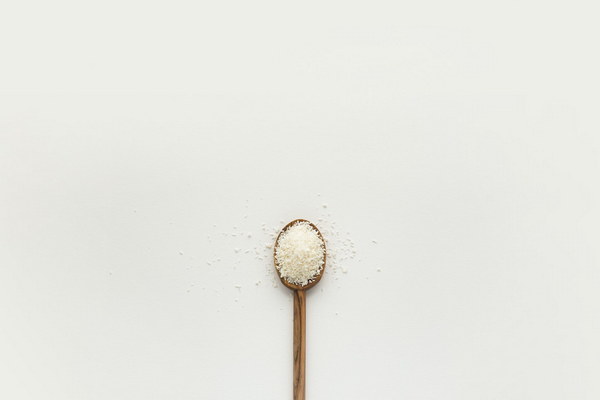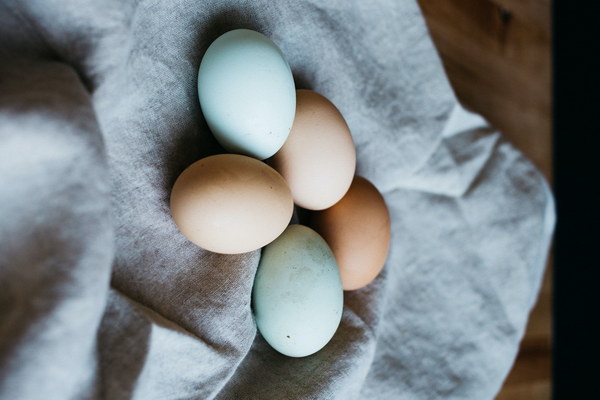Nourishing the Body A Comprehensive Guide to Dietary Supplements for Uterine Fibroid Patients
Nourishing the Body: A Comprehensive Guide to Dietary Supplements for Uterine Fibroid Patients
Uterine fibroids, non-cancerous growths that develop in the muscle tissue of the uterus, are a common concern for many women. While medical treatment options range from medication to surgery, many patients also seek natural ways to manage their symptoms and support their overall health. One such method is through dietary supplementation. This article delves into the world of dietary supplements that may benefit women with uterine fibroids, offering a comprehensive guide to what these supplements are, how they work, and how they can be incorporated into a fibroid patient's lifestyle.
Introduction
Uterine fibroids can cause a variety of symptoms, including heavy menstrual bleeding, pelvic pain, and pressure on the bladder or rectum. While the exact cause of fibroids is not fully understood, research suggests that hormonal imbalances, genetics, and inflammation may play a role. Dietary supplements can potentially address these factors, offering a complementary approach to conventional treatments.
Key Dietary Supplements for Uterine Fibroid Patients
1. Vitamin E
Vitamin E is a powerful antioxidant that helps protect cells from damage. It has been found to have anti-inflammatory properties, which may help reduce fibroid symptoms. Women with fibroids are often advised to take 400 IU of vitamin E daily.
2. Flaxseed
Flaxseed is rich in lignans, plant compounds that have estrogen-like properties. Some studies suggest that lignans can help balance hormone levels, potentially reducing fibroid growth. Flaxseed can be consumed as a ground seed mixed into smoothies or yogurt, or taken in supplement form.
3. Omega-3 Fatty Acids
Omega-3 fatty acids, found in fish oil, have anti-inflammatory effects and have been shown to improve symptoms of fibroids. A daily dose of 500-1000 mg of omega-3s can be beneficial.
4. Curcumin
Curcumin, the active ingredient in turmeric, is known for its powerful anti-inflammatory properties. It can help reduce the inflammation associated with fibroids and may be taken in supplement form, typically 500-1000 mg daily.
5. Black Cohosh
Black cohosh is an herbal supplement that has been traditionally used to treat menstrual disorders and menopausal symptoms. Some studies suggest it may help reduce fibroid symptoms by balancing hormone levels. A typical dose is 20-40 mg three times a day.
6. Dong Quai
Dong Quai, a Chinese herb, is believed to help regulate hormones and reduce fibroid symptoms. It is often taken in combination with other herbs and is available in capsule or tincture form.
7. Green Tea

Green tea is rich in antioxidants and has been shown to have anti-inflammatory properties. It may also help reduce fibroid size by preventing the growth of new fibroid cells. Drinking several cups of green tea per day or taking a green tea extract supplement may be beneficial.
Incorporating Supplements into Your Diet
Before starting any new supplement regimen, it is important to consult with a healthcare provider, especially if you are currently undergoing medical treatment for fibroids. Here are some tips for safely incorporating dietary supplements into your diet:
- Research: Look for high-quality supplements from reputable brands. Read labels to ensure purity and proper dosage.
- Consult a Healthcare Provider: Discuss your supplement plan with your doctor or a nutritionist to ensure it is safe and appropriate for your individual health needs.
- Monitor Your Symptoms: Keep track of any changes in your symptoms to determine the effectiveness of the supplements.
- Balance Your Diet: Supplements should complement a healthy diet rich in fruits, vegetables, whole grains, and lean proteins.
Conclusion
Dietary supplements can be a valuable addition to the treatment plan for women with uterine fibroids. By addressing inflammation, balancing hormones, and supporting overall health, these supplements may help alleviate symptoms and improve quality of life. However, it is crucial to approach supplementation with caution and under the guidance of a healthcare professional. With the right approach, dietary supplements can be an effective part of managing uterine fibroids naturally.









